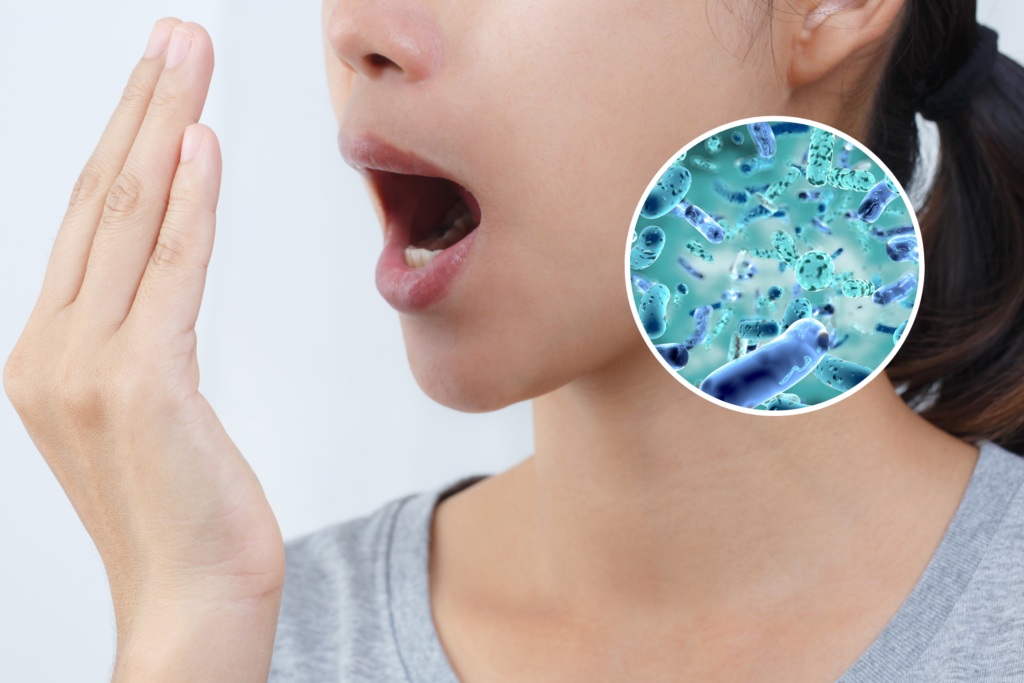
A recent study by an international team of biologists found that the microbes in our mouths significantly relate to how we digest food, how our immune systems combat infections, and even how our breath smells. By analyzing the saliva of 63 individuals from Nepal, researchers explored the oral microbiomes of different groups, including foragers, hunter-gatherers, farmers, and urban residents, while factoring in variables like smoking and dietary habits.
Led by Assistant Professor Emily Davenport from Penn State, the study aimed to highlight the diversity of oral microbiomes beyond the primarily Western-focused research. The study observed distinct microbial patterns among groups such as the Chepang foragers and various farming communities, as well as Nepalis recently moved to the U.S., and Americans of European descent.
Findings indicated subtle differences in oral microbiomes, suggesting a less malleable nature compared to gut microbiomes. A notable increase in urban groups of a specific strain linked to dental issues, along with contrasting impacts of diet on microbial composition, was reported. For instance, a diet rich in barley and maize, associated with better oral health, contrasted with the effects of rice and wheat ingestion.
The role of nettle, a fibrous plant chewed by foragers, was also recognized for its influence on oral microbes. The study, published in the journal Microbiome, emphasizes the need for ongoing research to understand global variations in oral microbiomes and their implications for health.